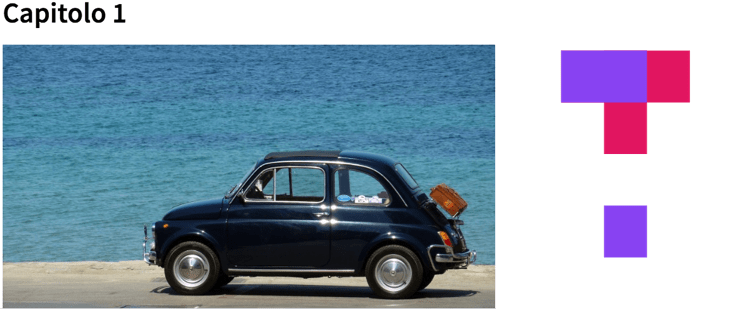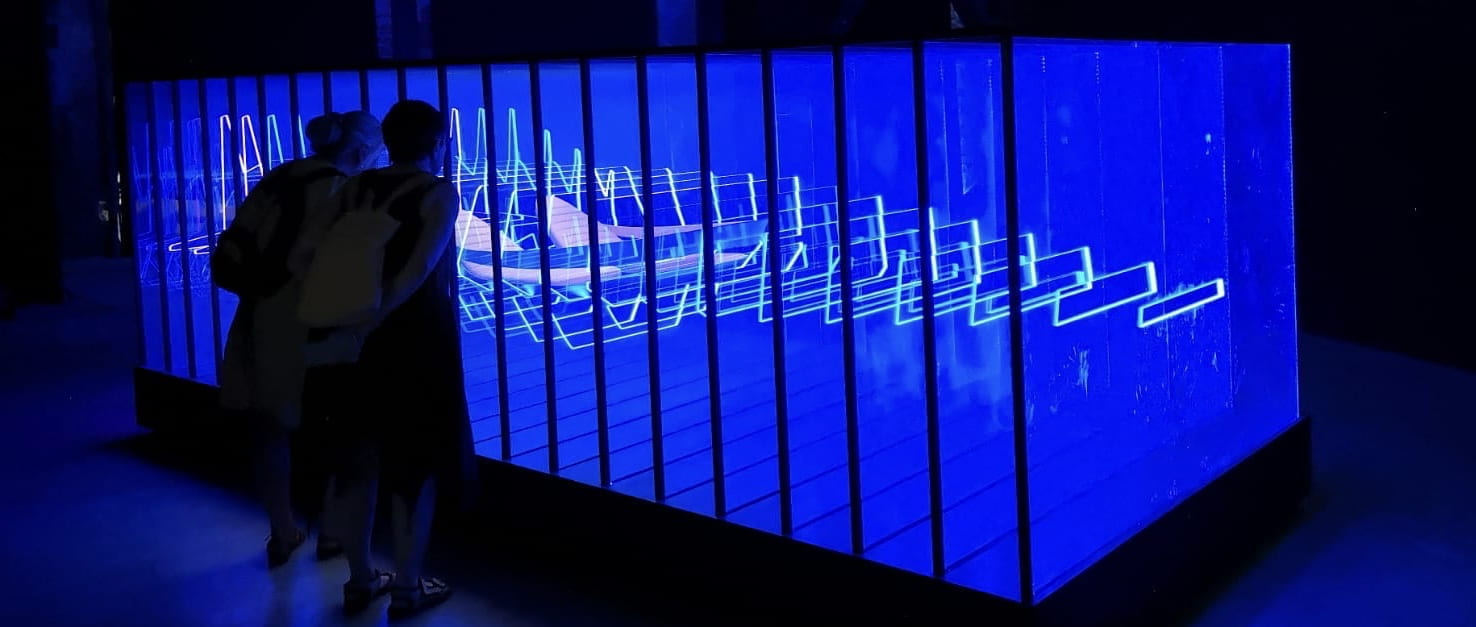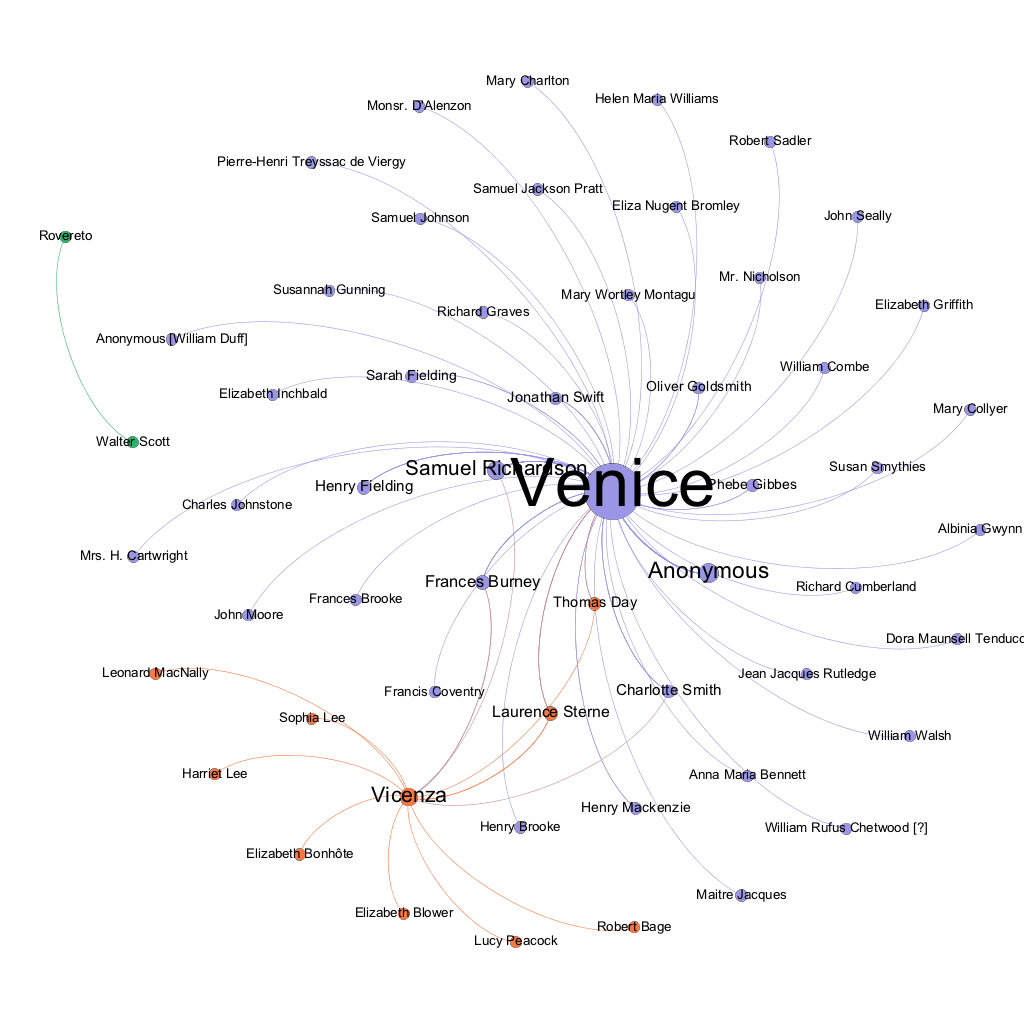I have developed a number of digital projects related to my own academic research, Italian heritage (both at a local and national level), community engagement and teaching practices. All these projects are inherently collaborative and welcome input and inquiries by researchers and community members.
Transcultural Journalism: English Novels and the Italian Press (1720-1830) is an online collection on the reception of English novels in Italy in the long eighteenth century. It is developed in partnership with the Canadian Writing Research Collaboratory (CWRC) and aims to provide an open-access resource of reviews and announcements of English novels in the periodical press during the Enlightenment and the Romantic period (1720-1830). Transcultural Journalism is supported by a SSHRC Insight Development Grant and intends to serve as a prototype for the study of the early reception of English novels across linguistic and cultural environments, with the ability to capture and represent European networks of journalistic transmission and dissemination.
The Italian Heritage Project is an initiative inspired by and in collaboration with the Italian Canadian Archives Project (ICAP) and the University of Guelph. The principal aims of The Italian Heritage project are to collect and preserve the narratives and artifacts of Italian immigrants to Canada, and the Guelph-Wellington area specifically, while also instituting the participation of students at the University of Guelph and inviting the collaboration of members of the wider community.
Sharon Findlay (MA European Studies) has been involved with the project since its early stages. She worked with the University of Guelph Library to build the the website as a place to collect, curate, and exhibit the material assembled during the experiential learning courses on a locally hosted version of OMEKA (a web based platform designed for academic standard collections and virtual exhibits).
In 2021-22 the Guelph Italian Heritage Project will become the official repository of the work created by students enrolled in a new course: ITAL*3800/HUMN*3800 Italian Heritage and Digital Applications.
Italian-Canadian Narratives Showcase is an initiative born in 2019 with the collaboration of Sharon Findlay (MA European Studies) and under the guidance and support of ICAP (Italian-Canadian Archives Project), a national network dedicated to securing the Italian-Canadian contribution to Canada’s evolving narrative, past and present. ICNS displays the work of undergraduate and graduate students at the University of Guelph as well as Italian heritage projects across Canada. The material presented here comes from public and private archives, university students’ work, local Italian-Canadian clubs and associations. The projects showcase the history and the role of Italian migrants in Canada from the late 19th century to the present.

Introductory Italian I and II on the Top Hat app
These Introductory Italian books cover the first year of Italian language and culture. They have been created with the principal goal of serving large first year classes (40 students and above) and providing the students with a dynamic learning experience and active involvement.
Their strength lie in a clear set of learning goals, detailed textbook explanations, a large number of self-grading exercises and a harmonized set of ppt presentations with embedded in-class activities that accompany each chapter. Cultural notes allow students to engage with Italian cultural practices, music, legacies and traditions. The books provide a dynamic and rigorously designed engagement with Italian language – its grammar, syntax, vocabulary and cultural aspects.
Instructors have the option of working with flipped classrooms, synchronous and asynchronous teaching from within the Top Hat platform. They can closely monitor students’ progress through the integrated gradebook and the weekly analytics that display the average performance for each activity. The suggested grading (fully customizable) is carefully weighed through the course. Students are invited to take ownership of their learning experience and are directed towards best practices for the study of a foreign language. While the flexible structure of the course allows for adjustments (when needed), students progress steadily and without interruptions during the semester, simulating as much as possible an “immersive” experience in the target language.





